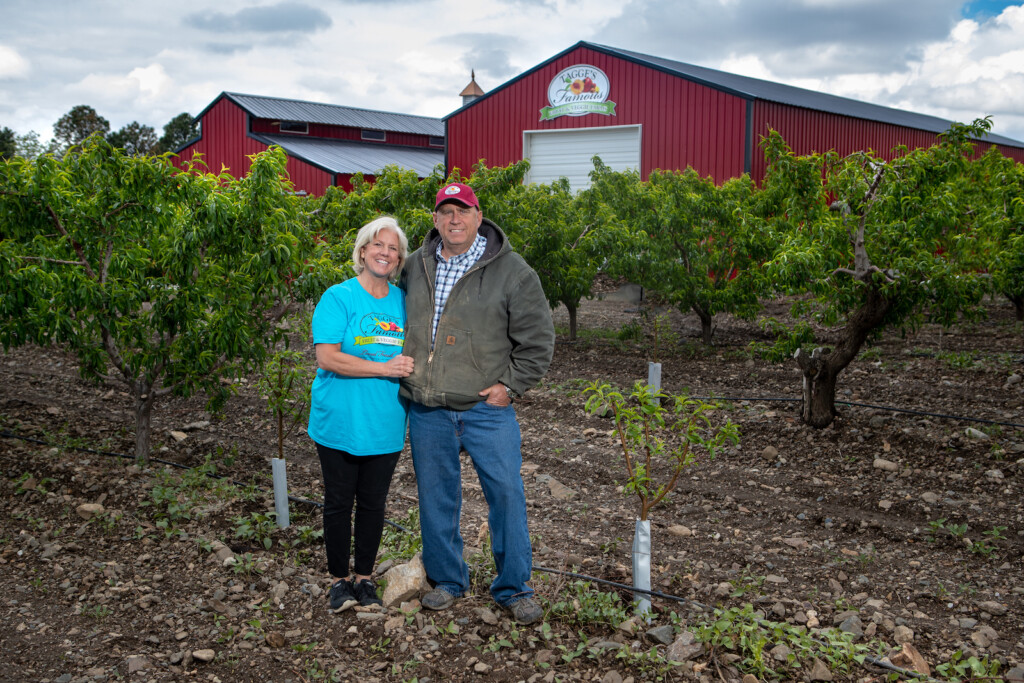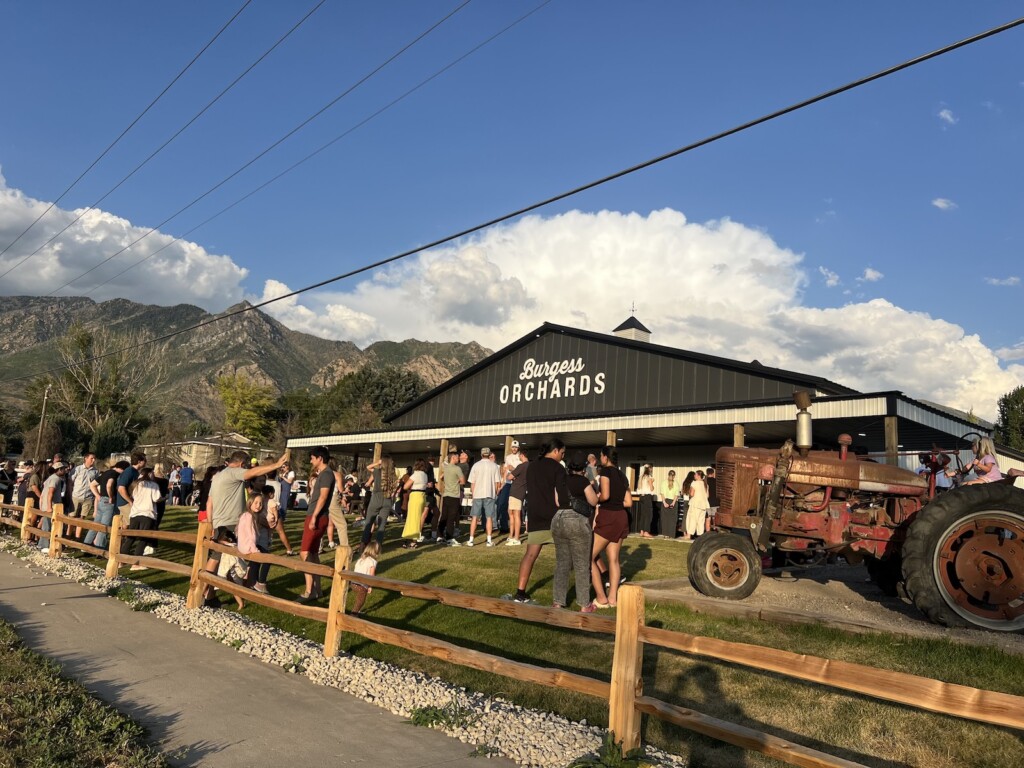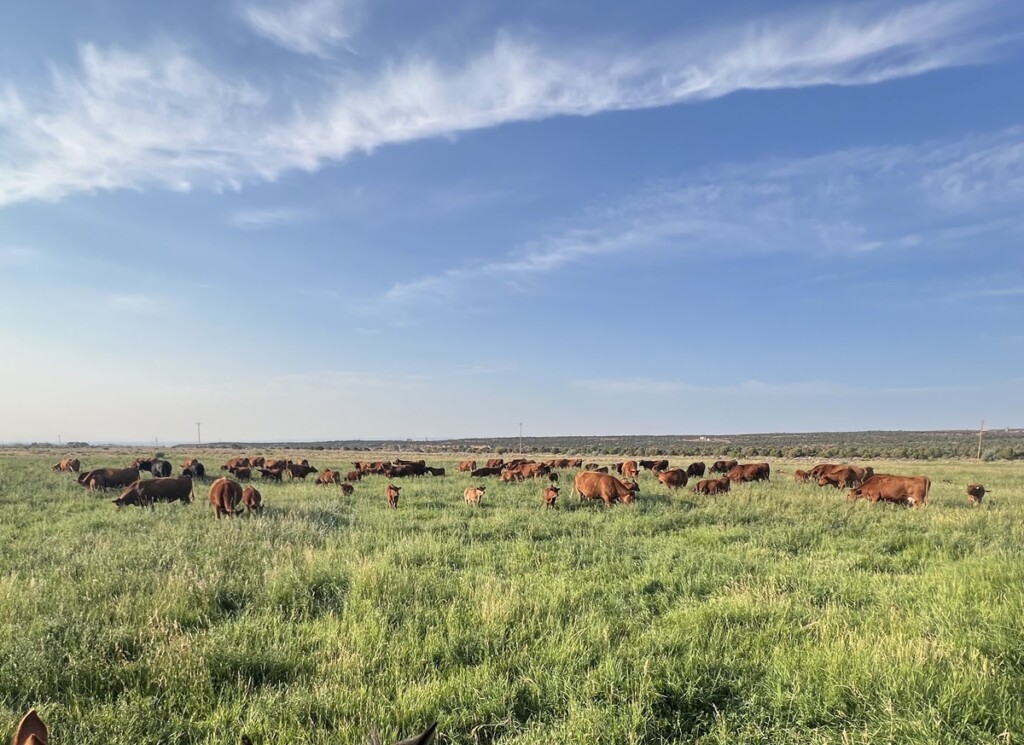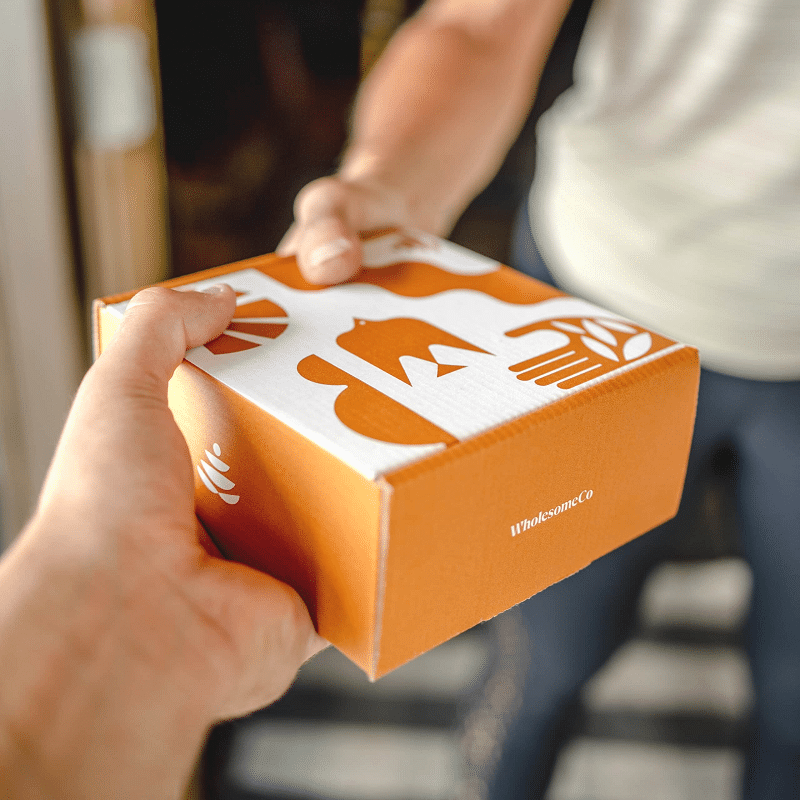
Accessibility to Medical Cannabis Just Got Easier
When The Utah State Legislature passed the initial medical cannabis legislation three years ago, they decided that there would not be cannabis dispensaries or pharmacies on every street corner as they are found ubiquitous among our neighbors in Colorado or Nevada.
Instead, Utah adopted a model that would allow courier services to be involved so that patients all over Utah could order their product and have it sent like an Amazon order. Or so they hoped.
This vision was not materializing until WholesomeCo Medical Cannabis Pharmacy in West Bountiful set up shop and about a year ago started offering an entirely new level of service and technology, unlike anything that had existed in the market previously.
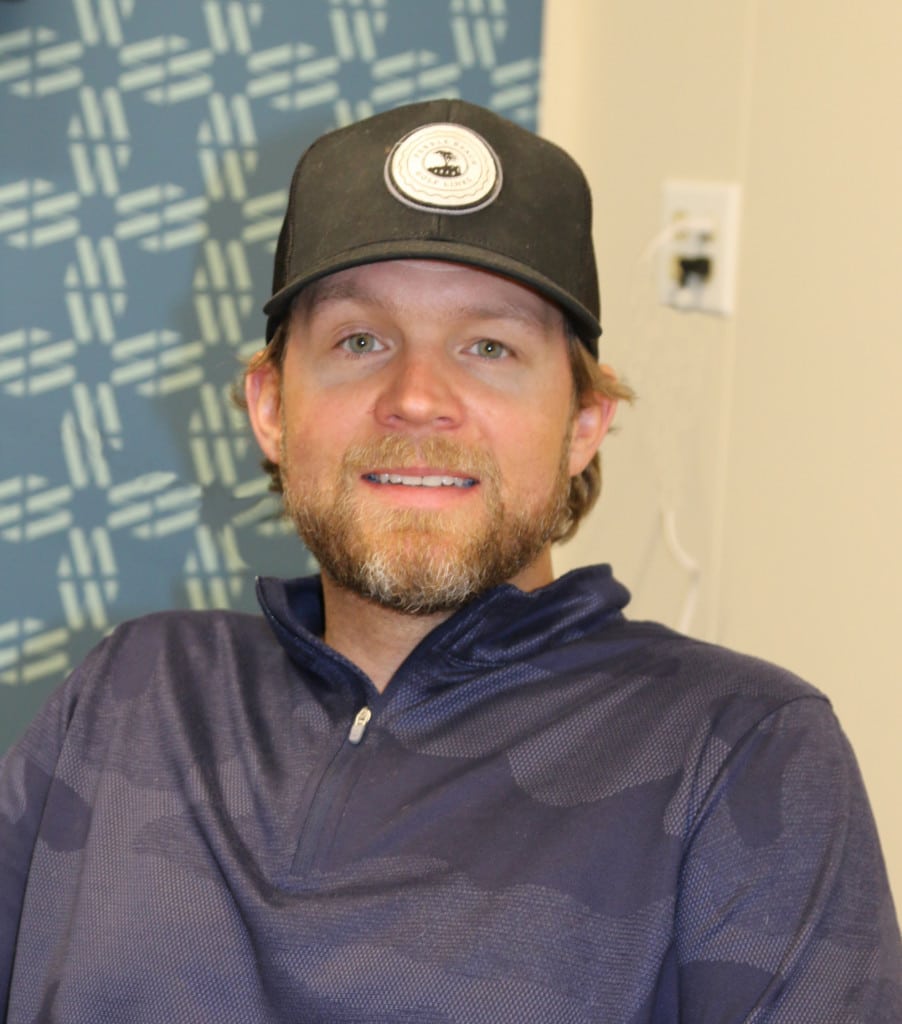
CEO and founder Chris Jeffery put it this way: “We decided to take the approach of founding and establishing our company knowing that our technology would be the key factor in success.” Jeffery says they devoted considerable resources to solving the problems of logistics, and supply chain consistency, as well as providing a solid and easy-to-use e-commerce site that could drive a level of service in cannabis delivery in Utah that was not being offered before. WholesomeCo now offers statewide free delivery of medical cannabis serving 99% of rural communities in Utah with weekly deliveries.
Jeffery knows well what goes into building a successful tech company and delivery service as he was the founder of a prior company that delivered groceries and food in the Baltimore, Maryland area. The backend of what he is building in Utah is designed to be easily scalable and highly robust. “We already have impacted the market significantly, ” Jeffery says, adding, “Today about ten percent of all cannabis orders are made online in Utah and are delivered, WholesomeCo is handling the majority of those orders.”
WholesomeCo headquarters in West Bountiful are highly secure, with security guards maintaining the safety. The waiting area for patients offers a highly professional staff including (by law) an on-site medical cannabis pharmacist who was fielding calls by patients.
The difficulty in operating a medical cannabis pharmacy is that patients are still required to pay in cash or debit, and there is still a stigma attached to using a medicine that is a federally banned, Schedule One controlled substance. Jeffery has believed for years that national political leaders would work to remove this blockade which clearly inhibits the money that could flow into the market and allow for more testing and clinical studies, which would clearly demonstrate medicinal efficacy. But he says, everyone is still waiting for that to happen.
“Once the laws are changed, much more money will flow into the space, and certainly more scientific studies for treatments and strains will move forward.” But until then it feels like the science behind the medicine is not progressing very quickly
Jeffery believes this is very likely by design. Big Pharma, Big Alcohol, and Big Tobacco all stand to lose significant market share as the growth of medical cannabis gains wider acceptance for the treatment of everything from anxiety to depression to rheumatoid arthritis; asthma, and GI issues, as well as the more widely accepted usage it has already acquired for cancer patients and those who are suffering from pain and epilepsy. Still, the State of Utah has not made accessibility to medical cannabis especially for low-income patients their top priority.
The biggest roadblock WholesomeCo is currently facing when it comes to providing the type of service and care they would like to offer to patients, is the requirement of everyone who is a patient to pay high fees to maintain and obtain their medical cannabis recommendation card through QMPs (Qualified Medical Providers) or primary care physicians. The State requires that an initial fee of anywhere from $150-$200 be paid. After this initial fee, a follow-up visit must be scheduled after six months with another renewal payment. Then again, after six months, another visit and another fee must be paid. After the first year, only a yearly check-up is required instead of every six months.
Still, this regulatory roadblock creates an obvious barrier that companies operating out of Nevada use to their advantage. Deep Roots Harvest advertises to Utah residents and has a massive number of Utahns who visit their three locations over the border in Mesquite, Wendover, and Reno, Nevada. These are potential tax dollars and customers the Utah market is losing because Utah has made it so difficult for medical cannabis patients to maintain their patient status. If there was one Utah law that Jeffery could change, it would be to reduce this requirement to one visit and one payment and a simple renewal process that doesn’t require working through the State’s online portal.
WholesomeCo is quickly expanding into growing its own products with its cultivator license. They are opening a 25,000 square foot greenhouse where they will be able to harvest up to six thousand pounds of flower per year, and process that for their own gummies and product line. That will take a while, but until then, they still offer the largest selection of medical cannabis products of any medical cannabis pharmacy in the state of Utah.
WATCH THE PODCAST ABOUT UTAH CANNABIS UPDATES AND MORE
RELATED CONTENT
A Visit to Utah’s Largest Medical Cannabis Farm
The Corrupted Leader Who Tainted Utah’s Medical Cannabis Program
Dragonfly Wellness: A Modern Growing Facility in the Middle of Utah Countryside
Big Corporations Preventing the Shift in Medicine and Wellbeing?
Who Will Be Cashing in on the Legality of Medical Cannabis in Utah?
Subscribe to Utah Stories weekly newsletter and get our stories directly to your inbox


